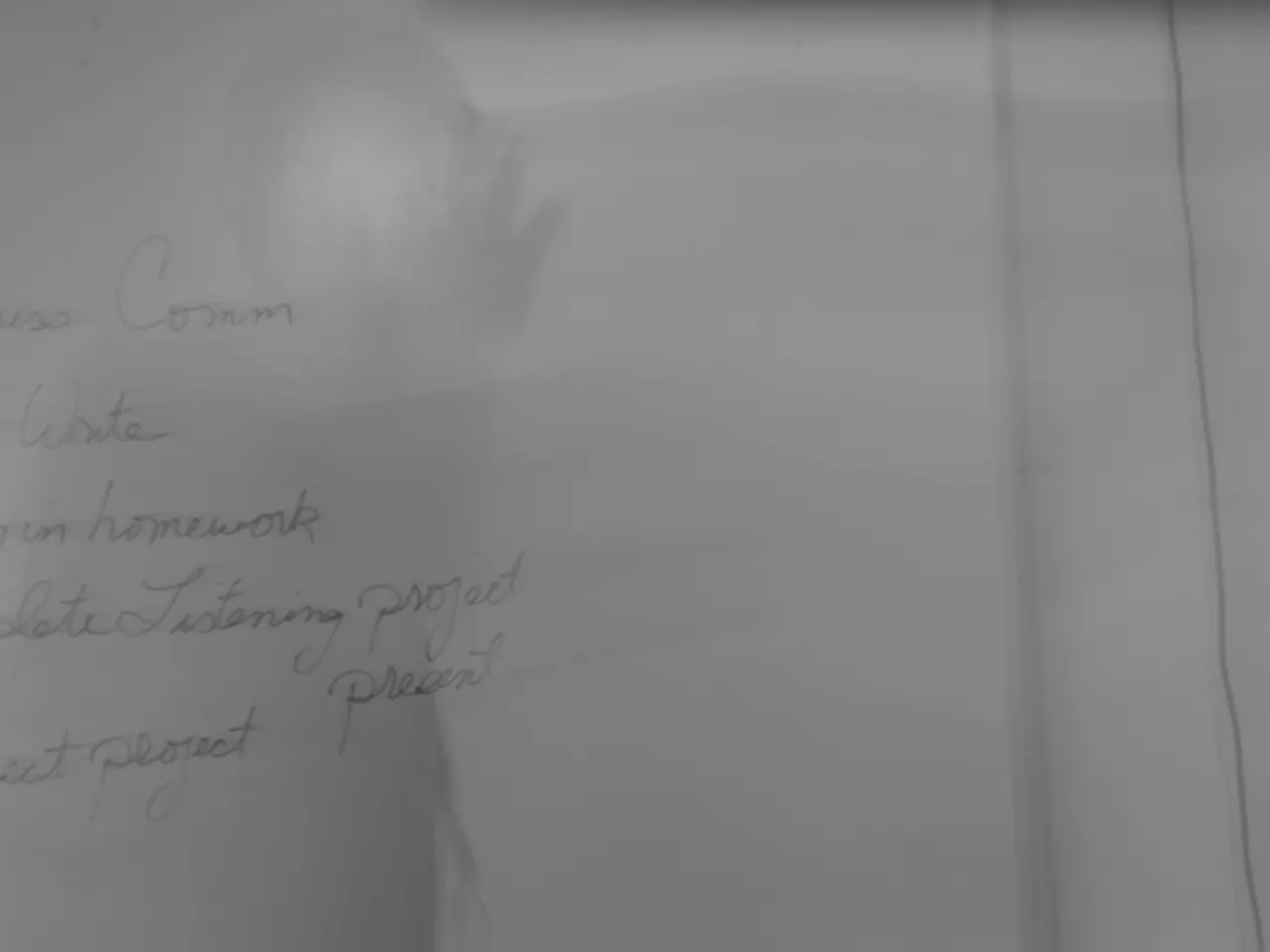Stateside optimism following the new administration's jump into power?
In recent weeks, the mood towards the current German federal government, led by Chancellor Friedrich Merz, has noticeably shifted towards criticism and dissatisfaction. Key polling data and reports have highlighted this trend, with the Forsa Institute poll for n-tv revealing that only 38% of respondents are satisfied with the new government's performance, while 58% are dissatisfied.
This growing discontent is reflected in Merz’s personal approval rating, which has dropped sharply from 42% to 35% in a week, reaching its lowest since his term began. Simultaneously, 59% now view his performance unfavourably, an increase from the previous week. This decline is largely attributed to perceptions that the government is failing to address major issues, particularly the refusal to lower the electricity tax, a hot topic in recent debates.
However, the CDU/CSU coalition remains the leading party nationally in polls, with about 27-30% support, ahead of rivals such as AfD and SPD. This suggests that while dissatisfaction is rising, Merz’s coalition retains a significant base. Some reports note a modest rise in support for CDU/CSU since the government took office, indicating that opinions may be divided.
Parliamentary debates have been contentious, with opposition parties launching attacks and criticisms against the government, accusing it of numerous failings. Yet, Chancellor Merz continues to emphasise reforms in economic policy, welfare (introducing the Bürgergeld), housing, education, and migration controls, aiming to project a responsive and reformist image. He highlights efforts to strengthen border controls and protect German values.
Despite the mixed signals, public sentiment appears increasingly skeptical and frustrated, particularly over domestic issues such as taxation and economic challenges. The mood is shaped by a combination of dissatisfaction with current performance and cautious optimism about some government initiatives and shifts in policy.
Meanwhile, the mood among companies is somewhat better, according to Tanja Gönner, the CEO of the Federation of German Industries. However, the hoped-for economic recovery is still pending, according to the German Chamber of Industry and Commerce. A majority of people are not satisfied with the work of the federal government, according to pollster Peter Matuschek.
The consumer climate, measured by the GfK consumer climate, remains subdued. The Federation of German Industries still expects a slight recession this year, a view shared by the German Chamber of Industry and Commerce. The Federation of German Consumer Organisations criticises the coalition for not lowering the electricity tax for everyone as promised.
In spite of the challenges, Chancellor Merz remains optimistic, believing his government is on track and has pulled off its program until the summer break on schedule. Helena Melnikov, the CEO of the German Chamber of Industry and Commerce, praises the pace at which the new federal government has put forward initial proposals.
However, the business climate index, which was significantly weaker at 88.4 points than it was shortly after the traffic light government took office, which was 98.9 points despite the Ukraine crisis, suggests otherwise. The consumer climate indicator predicts a slight decline in July 2025 compared to the previous month, by 0.3 points to -20.3 points.
As the government faces the challenge of regaining public confidence, recent polls and reports depict a decline in Chancellor Merz’s popularity and growing dissatisfaction with the black-red coalition’s handling of key issues. With economic challenges persisting, the government will need to address these concerns to win back the trust of the German people.
- The decline in Chancellor Merz's popularity and growing dissatisfaction with the black-red coalition's handling of key issues, such as the refusal to lower the electricity tax, have raised concerns about the government's policy-and-legislation in politics and general-news.
- Despite the government's efforts to introduce reforms in economic policy, welfare, housing, education, and migration controls, the public sentiment remains increasingly skeptical and frustrated, with a majority of people not satisfied with the work of the federal government, indicating a need for improvements in policy-and-legislation.






